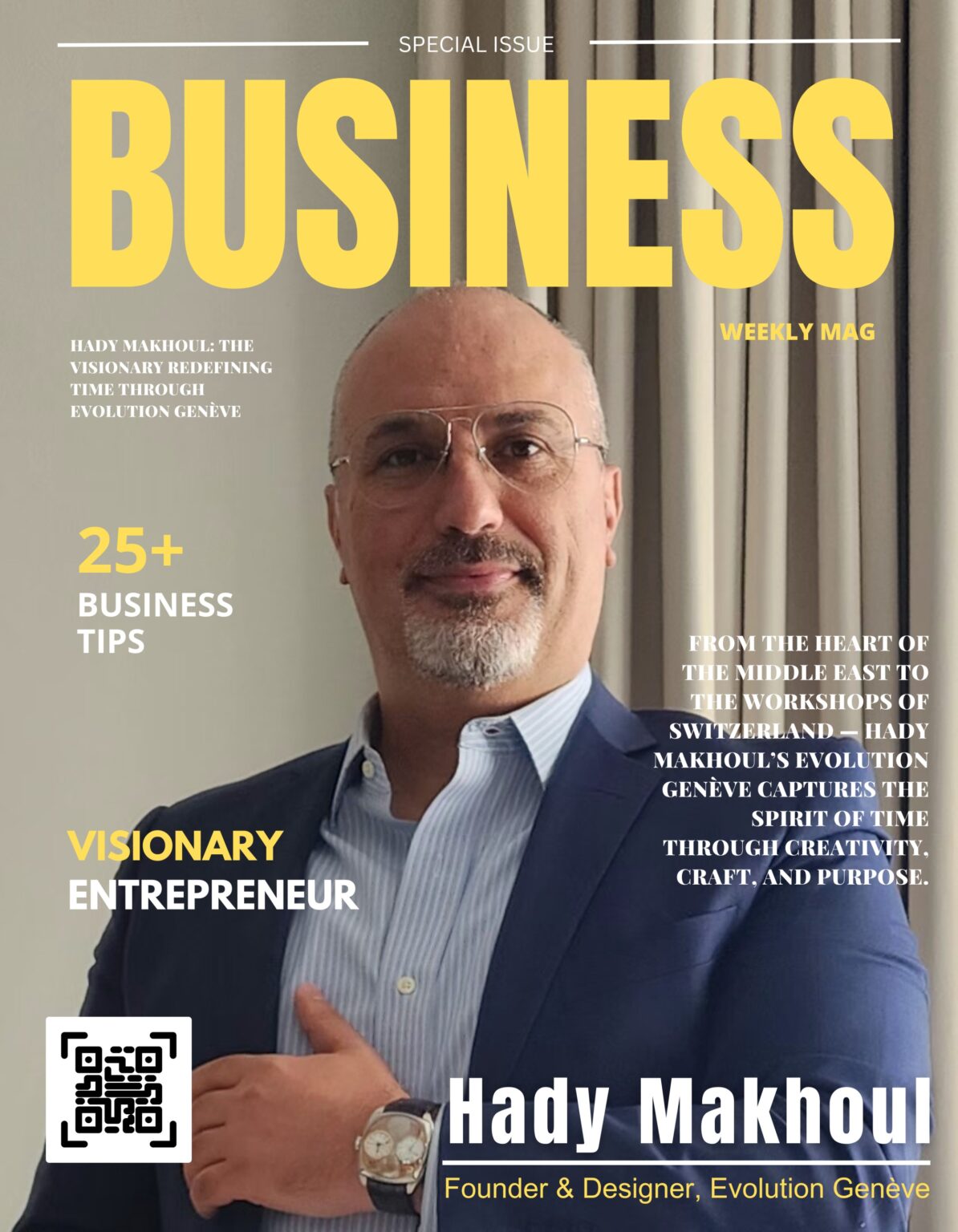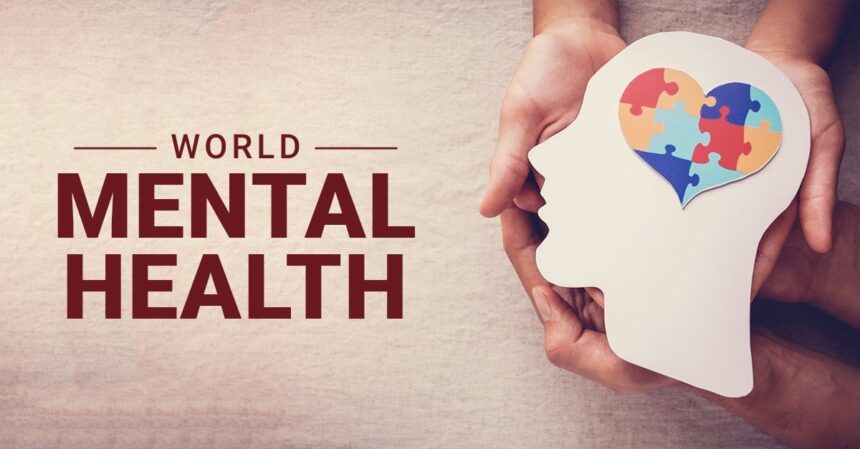Introduction: A Global Shift Towards Mental Wellness
In 2025, mental health is no longer a taboo topic but a priority for individuals, companies, and governments around the world. From innovative therapies to tech-driven support systems, Mental Health in 2025 reflects a profound change in how society views emotional well-being. Mental health is now recognized as equally important as physical health, setting the stage for a healthier, more resilient global population.
Breaking the Stigma: Mental Health Conversations Go Mainstream
In previous decades, discussing anxiety, depression, or stress often carried a stigma. However, in 2025, global campaigns, celebrity advocates, and social media have helped normalize these conversations.
Public figures—from athletes to world leaders—openly discuss their mental health journeys. In places like the UAE, India, and the U.S., initiatives like Mental Health First Aid training are becoming as common as CPR certifications, making mental health support accessible at the community level.
Digital Therapy: Revolutionizing Access to Care
Technology is playing a massive role in democratizing mental health care. Teletherapy platforms like BetterHelp, Talkspace, and new AI-driven apps are making therapy accessible, affordable, and anonymous.
In 2025, virtual reality therapy sessions, AI therapy chatbots, and mental health tracking apps have become mainstream. Patients can now access qualified therapists from anywhere in the world, reducing barriers caused by location, cost, or stigma.
Workplace Mental Health: A Corporate Priority
Companies in 2025 view mental health support as essential to employee productivity and retention. Global giants like Google, Emirates Airlines, and Tata Group offer in-house therapists, mental wellness days, and mindfulness programs.
Employee Assistance Programs (EAPs) are being enhanced with personalized counseling services, burnout prevention strategies, and digital detox retreats, emphasizing that a mentally healthy workforce is a strong workforce.
Innovations in Treatment: Beyond Traditional Therapy
New research is expanding the boundaries of mental health treatments. In 2025, treatments like psychedelic-assisted therapy (using controlled doses of psilocybin or MDMA) are being used to treat PTSD, depression, and anxiety under strict clinical supervision.
Neurofeedback therapy, which trains the brain using real-time EEG data, is gaining popularity for treating ADHD, anxiety, and sleep disorders. Holistic approaches integrating yoga, meditation, nutrition, and acupuncture are now recognized as valid complements to traditional treatments.
The Role of Schools in Building Resilience
Education systems worldwide are integrating emotional intelligence (EQ) and resilience training into curriculums. From primary schools in Canada to universities in the UAE, students are taught mindfulness, stress management, and coping strategies alongside math and science.
Mental health counselors are now a standard part of school staff, ensuring early intervention and support for students struggling with emotional challenges.
Mental Health Apps and Wearables
Wearable technology in 2025 is not just tracking steps and heart rate—it’s monitoring stress levels, mood patterns, and sleep quality.
Apps like Calm, Headspace, and Moodpath now integrate with smartwatches to suggest breathing exercises, mindfulness practices, or early interventions when stress spikes are detected.
AI-driven platforms analyze voice tone, typing patterns, and social media activity to offer users mental health insights, personalized tips, and even professional referrals.
Global Mental Health Policies and Funding
Governments around the world are investing heavily in mental health infrastructure.
In 2025:
- The UAE’s National Wellbeing Strategy is expanding free counseling services.
- The U.S. has passed major funding bills to improve mental health resources.
- Europe’s Mental Health Europe initiative is promoting cross-border support and awareness.
World Health Organization (WHO) has declared mental health support a basic human right, leading to global partnerships aimed at reducing the treatment gap.
Cultural Shifts in Mental Health Awareness
Mental health is being understood through a more inclusive and culturally sensitive lens.
In Asian countries, where mental health was once rarely discussed, traditional healing methods are being combined with modern therapy.
In Africa, community-based support models are addressing trauma and PTSD, especially in post-conflict regions.
Understanding that mental health solutions must fit cultural contexts is driving more effective, compassionate care worldwide.
Challenges Ahead
Despite these advancements, challenges persist:
- A shortage of mental health professionals in rural and low-income areas.
- The rise of “toxic positivity” culture, where real struggles are dismissed.
- Overreliance on mental health apps without professional oversight.
Addressing these issues will require continued collaboration among governments, healthcare providers, tech companies, and communities.
Looking Ahead: A Brighter Future for Mental Wellness
Mental Health in 2025 represents a world that is finally taking emotional well-being seriously.
The integration of science, technology, and compassion is making mental health care more personalized, proactive, and preventative.
As society continues to evolve, the hope is clear: a world where emotional resilience is nurtured from childhood, mental health resources are accessible to all, and no one suffers in silence.















